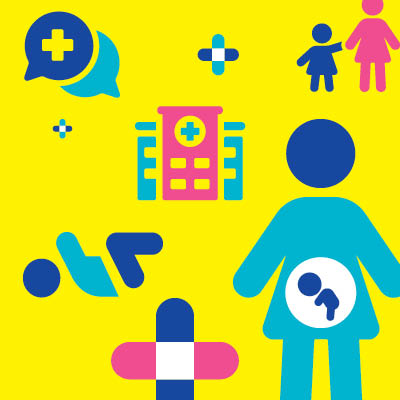Peer Power: Empowering adolescents in at-risk communities to develop more positive health behaviours
3 min read - 9 Jun 2022

The problem
Adolescence is a time when people may start to smoke, drink too much alcohol or reduce their physical activity. If these behaviours persist into adulthood, it increases the risk of conditions such as heart disease, diabetes, cancer and stroke. Adolescents in low socioeconomic settings are particularly at risk.
The project
A project led by TCD worked with the Health Service Executive (HSE) and local community workers to train adolescents from socioeconomically deprived communities in motivational interviewing, a technique that empowers a person to make healthier choices. The project was funded through the HRB and Health Charities Research Ireland.
The outcomes
- Fruitful working relationships were built between the researchers, youth workers and young people in multiple at-risk communities, including inner city and Traveller groups
- 12 young people were trained and paid to deliver sessions with motivational interviewing to encourage positive health behaviours
- The project made a workbook to support peer-led sessions on changing behaviours around drinking alcohol, smoking and physical activity
- Sessions were well attended, and almost all participants returned for further sessions
- Compared to a control group that received peer-delivered health education, participants who engaged with motivational interviewing changed their behaviours around excessive drinking and became more active over the following months
- The researchers and youth workers involved have received several queries about the peerled programmes from other communities who are keen to implement the motivationalinterviewing intervention for their at-risk youth.
Professor David Hevey, Professor in Clinical Health Psychology at TCD School of Psychology, says:
“Lots of studies have taken an expert-led approach to changing health behaviours, where a trainer parachutes into a community and presents education or talks about negative consequences. Communities may not identify with these experts, and then the experts leave. In this project, we* showed that by training adolescents to deliver an intervention in their own community in the form of motivational interviewing, you can empower young people to change their health behaviours around drinking and physical activity. It creates a more sustainable approach, where the skills and expertise to improve health stays within the community.“
‘Peer Power: Empowering adolescents in at-risk communities to develop more positive health behaviours ‘ is part of a wider collection of success stories across four themes from this year’s annual Health Research in Action. Download the full publication.
*Research Team
Angela Hickey (TCD), Professor Margaret Lawler (TCD) Professor Frank Doyle (RCSI), Professor Elizabeth Nixon (TCD), Professor Catherine Darker (TCD), Professor Margaret Barry (NUI Galway), Professor Catherine Anne Field (NUI Galway) Collaborators Youth Work Ireland (YWI); National Youth Council of Ireland (NYCI); Health Service Executive
3 min read - 9 Jun 2022



